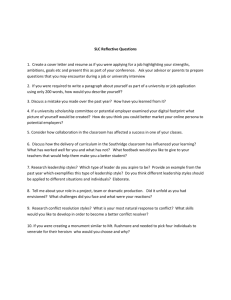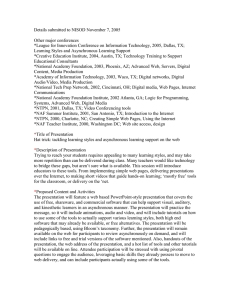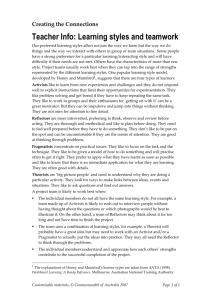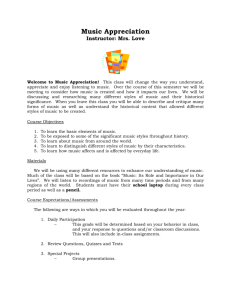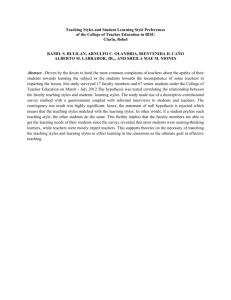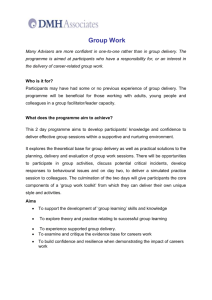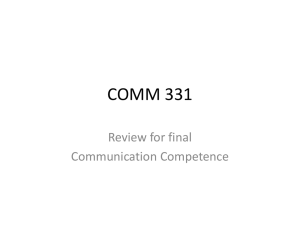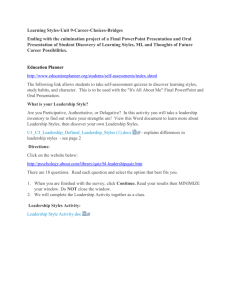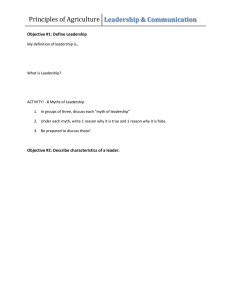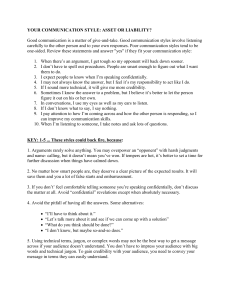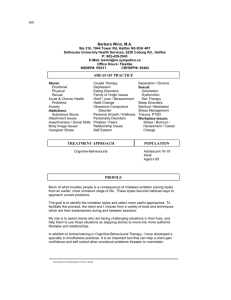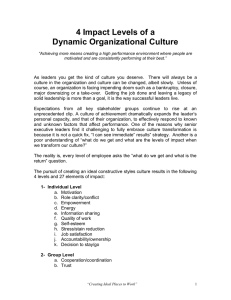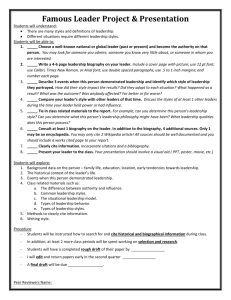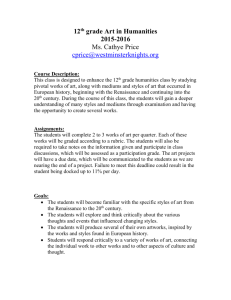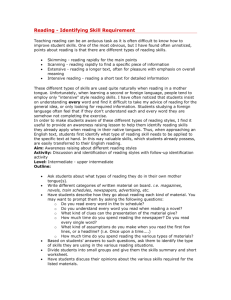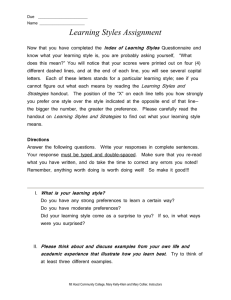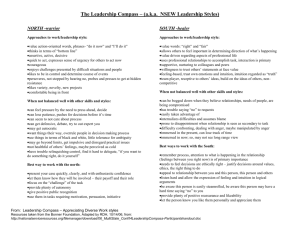Thinking Styles in a Virtual Learning Course
advertisement
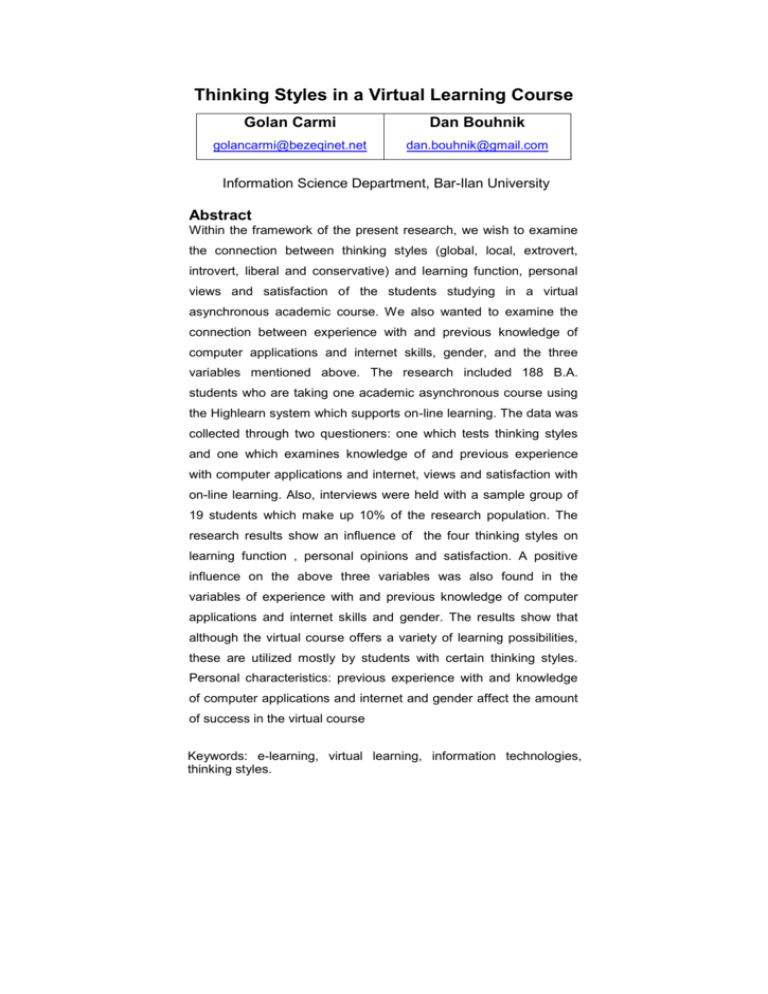
Thinking Styles in a Virtual Learning Course Golan Carmi Dan Bouhnik golancarmi@bezeqinet.net dan.bouhnik@gmail.com Information Science Department, Bar-Ilan University Abstract Within the framework of the present research, we wish to examine the connection between thinking styles (global, local, extrovert, introvert, liberal and conservative) and learning function, personal views and satisfaction of the students studying in a virtual asynchronous academic course. We also wanted to examine the connection between experience with and previous knowledge of computer applications and internet skills, gender, and the three variables mentioned above. The research included 188 B.A. students who are taking one academic asynchronous course using the Highlearn system which supports on-line learning. The data was collected through two questioners: one which tests thinking styles and one which examines knowledge of and previous experience with computer applications and internet, views and satisfaction with on-line learning. Also, interviews were held with a sample group of 19 students which make up 10% of the research population. The research results show an influence of the four thinking styles on learning function , personal opinions and satisfaction. A positive influence on the above three variables was also found in the variables of experience with and previous knowledge of computer applications and internet skills and gender. The results show that although the virtual course offers a variety of learning possibilities, these are utilized mostly by students with certain thinking styles. Personal characteristics: previous experience with and knowledge of computer applications and internet and gender affect the amount of success in the virtual course Keywords: e-learning, virtual learning, information technologies, thinking styles.
